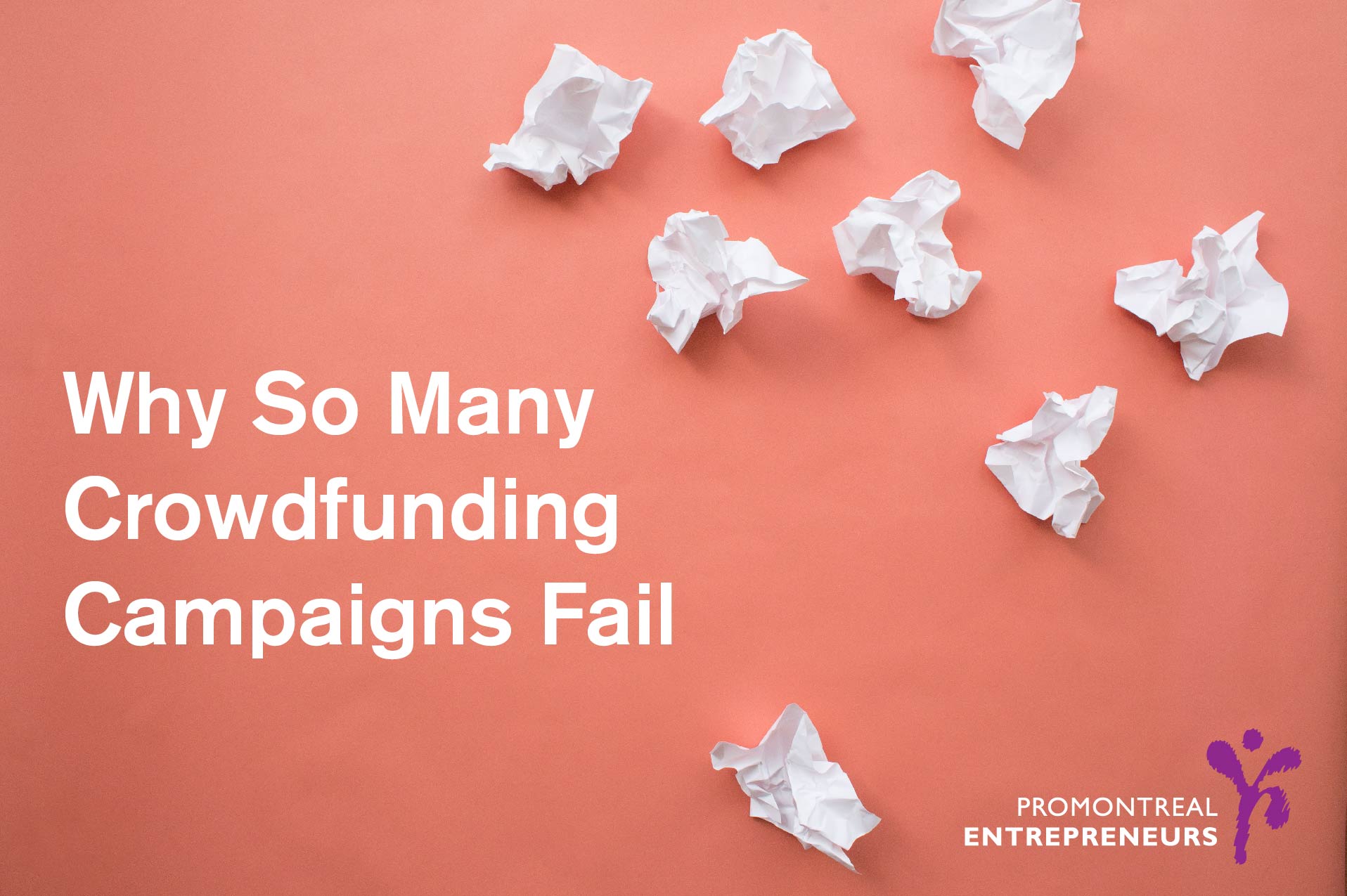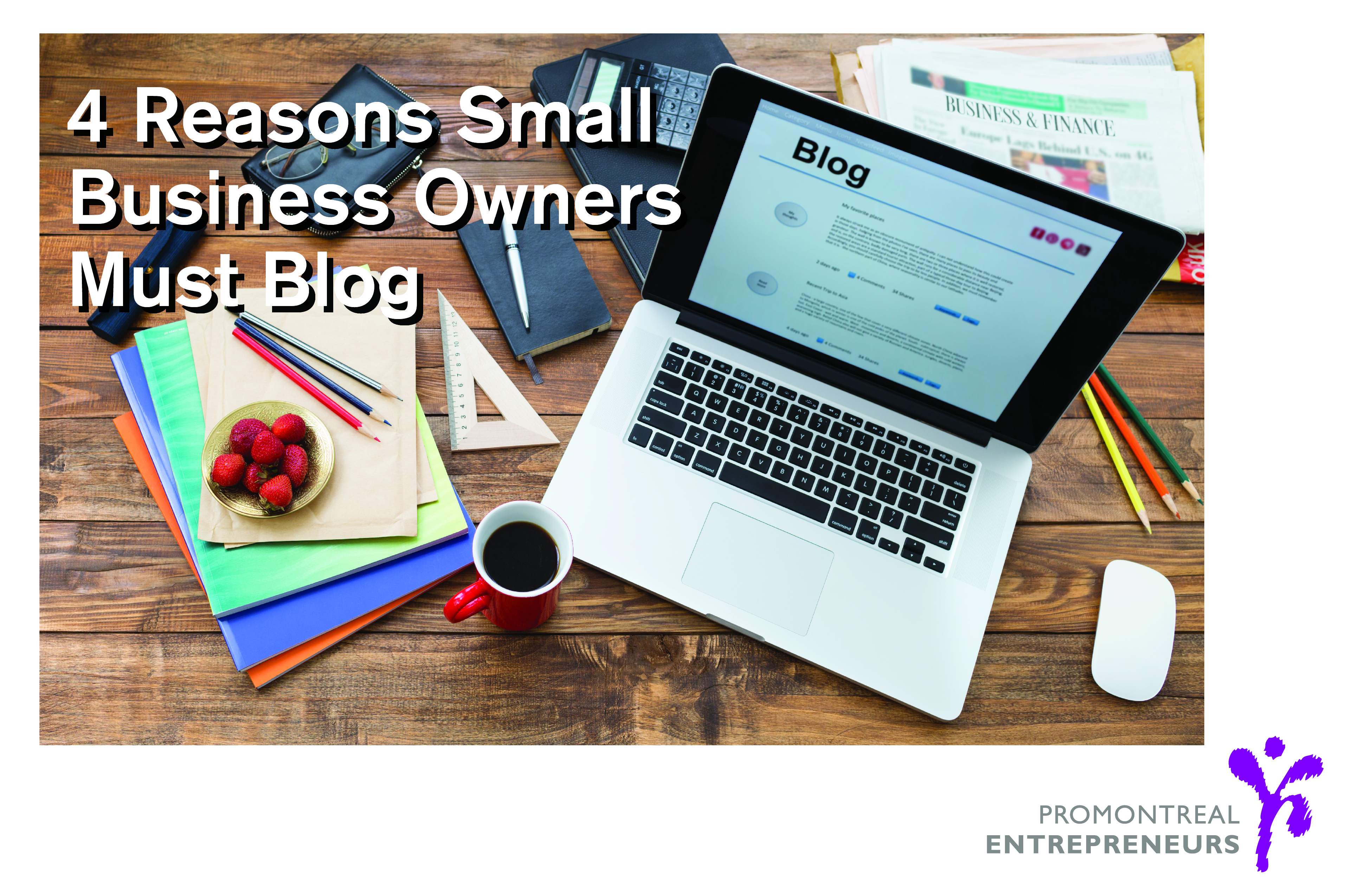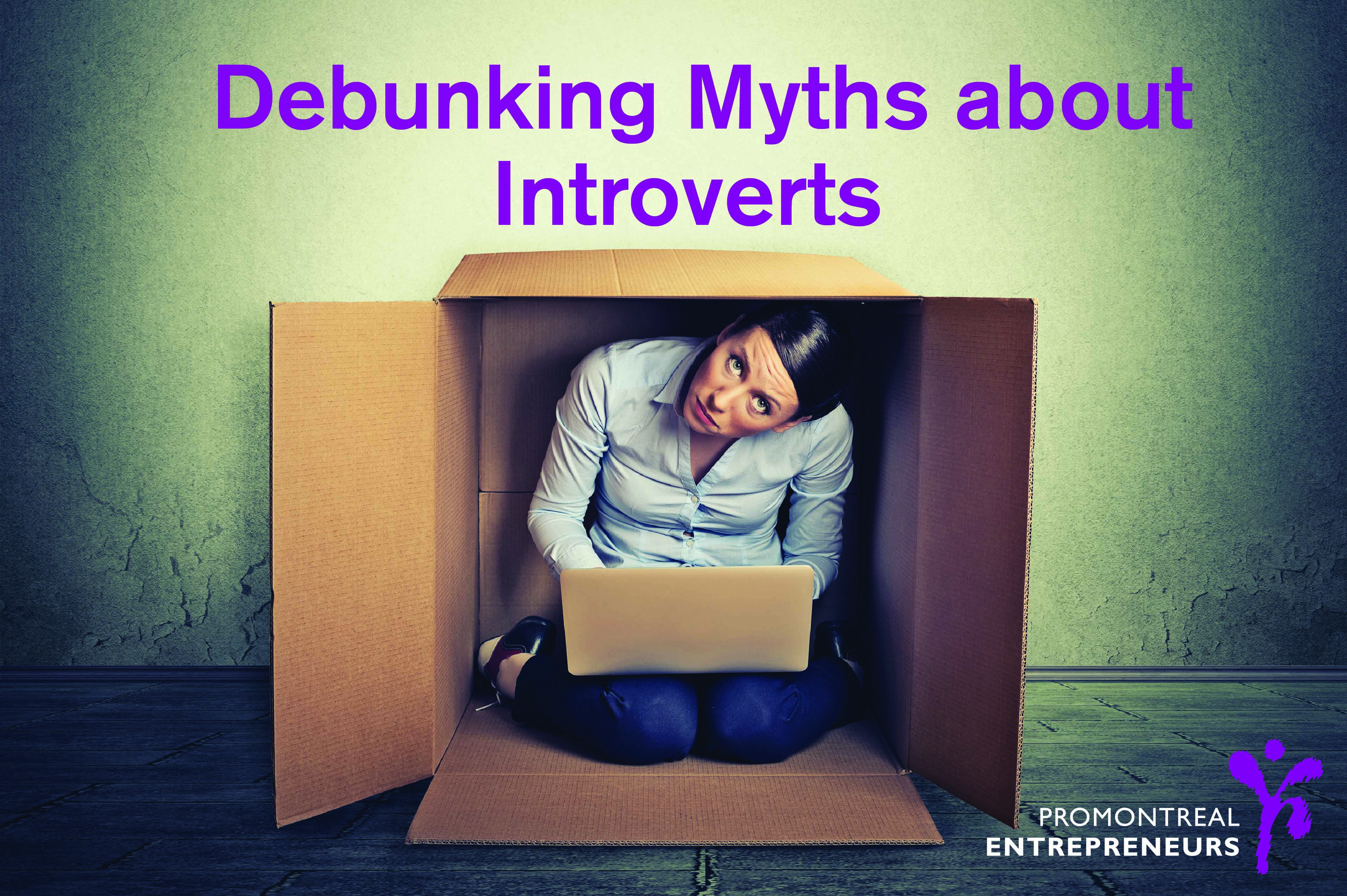 Finding an investor is challenging. So it is understandable that when you are ready to start accepting term sheets that you would be tempting to accept your first offer after having reached out to countless investors. Though lack of financing can cause you to overemphasize the pros of accepting an investment offer, remember that there is much more at stake when dealing with an investor than your finances. Sometimes simply saying ‘no’ or ‘you are no the right fit’ is the smartest move. In order to evaluate compatibility with your potential investor, there are two things you should focus on:
Finding an investor is challenging. So it is understandable that when you are ready to start accepting term sheets that you would be tempting to accept your first offer after having reached out to countless investors. Though lack of financing can cause you to overemphasize the pros of accepting an investment offer, remember that there is much more at stake when dealing with an investor than your finances. Sometimes simply saying ‘no’ or ‘you are no the right fit’ is the smartest move. In order to evaluate compatibility with your potential investor, there are two things you should focus on:
- The Term Sheet
It’s not just about how much money you get, but about how much you are willing to give up for it. Your term sheet is an agreement that establishes the terms and conditions at the base of an investment. It addresses information pertaining to the identification of parties involved, initial purchase price, contingencies that may constitute changes in your agreement, time frames for decision making, equity, etc. It is your responsibility to know and understand its content. In most cases your term sheet is the starting point for negotiations. Investors, backed with their professional experience and legal team, will draft term sheets in favor of their interests. Be ready to come to the negotiating table equally prepared. If you do not see eye-to-eye on an important matter, it may be best to walk away from the offer.
- What your investor can offer you
Money will help businesses grow. However, it should not be the only thing that the investor has to offer. The reputation of the venture firms is often taken into consideration. Having a credible investor attached to a startup can assist with credibility, which can be helpful in forming business partnerships and hiring new employees.Many investors wind up taking board seats, so for these roles it can be helpful to find someone with industry experience or an expertise in scaling startups. Investors can help with problem-solving and can also make introductions. A good investor should be available to communicate with you, offer expertise, and give you honest feedback on your operations when needed. You should also look to see if said investor has a contact pool that you may be able to leverage in the future.
Declining an investment offer doesn’t mean you are closing the door to a particular relationship. Explain your business needs are for the time being, and express to an interested investor that you look forward to doing business with them in the future. Refusing to accept an investment offer does not have to be a negative experience. Show gratitude, explain your reasoning, and exchange pleasantries on your way out. You never know when you may cross paths in the future.



 Si en tant que propriétaire de petite entreprise, vous envisagez de commencer un blogue, arrêtez de considérer la question et commencez à écrire. Plus d’excuses!
Si en tant que propriétaire de petite entreprise, vous envisagez de commencer un blogue, arrêtez de considérer la question et commencez à écrire. Plus d’excuses!  Crowdfunding platforms, such as Kickstarter and Indiegogo, have become mainstream in the past few years. There are many reasons why early stage entrepreneurs have turned to crowdfunding. Some of these reasons include not wanting to take out more debt, validating product market fit or simply to create a brand following. Crowdfunding serves many
Crowdfunding platforms, such as Kickstarter and Indiegogo, have become mainstream in the past few years. There are many reasons why early stage entrepreneurs have turned to crowdfunding. Some of these reasons include not wanting to take out more debt, validating product market fit or simply to create a brand following. Crowdfunding serves many 
 Finding the right investor for your business, let alone any investor, is a difficult task. You have to know where to look, who to network with, and the kind of resources your business needs. The last thing you want is an investor who can only provide financial support. You will likely speak to over a dozen of investors before finding the right one for you. It will be a tiring process, but meticulousness is necessary if compatibility is what you’re looking for. Here are 4 tips on how to find investors for your business when the time is right.
Finding the right investor for your business, let alone any investor, is a difficult task. You have to know where to look, who to network with, and the kind of resources your business needs. The last thing you want is an investor who can only provide financial support. You will likely speak to over a dozen of investors before finding the right one for you. It will be a tiring process, but meticulousness is necessary if compatibility is what you’re looking for. Here are 4 tips on how to find investors for your business when the time is right. Your business’s MVP is more than just your minimum viable product. Sport teams aren’t the only ones with a most valuable player. As an entrepreneur in the product development stage, your minimum viable product is without a doubt your most valuable player. A team’s most valuable player teaches, remains focused, sets reasonable goals, is a representation of security, and gets the job done. All of these are also embodiment of a quality minimum viable product. Saying that your minimum product is also your most valuable may sound like a contradiction. Here are a few reasons why they are not mutually exclusive and what your MVP should accomplish.
Your business’s MVP is more than just your minimum viable product. Sport teams aren’t the only ones with a most valuable player. As an entrepreneur in the product development stage, your minimum viable product is without a doubt your most valuable player. A team’s most valuable player teaches, remains focused, sets reasonable goals, is a representation of security, and gets the job done. All of these are also embodiment of a quality minimum viable product. Saying that your minimum product is also your most valuable may sound like a contradiction. Here are a few reasons why they are not mutually exclusive and what your MVP should accomplish. If you’re a small business owner that has contemplated starting a blog, stop contemplating and start writing. No more excuses!
If you’re a small business owner that has contemplated starting a blog, stop contemplating and start writing. No more excuses!  Hillary Clinton once said that she is neither an extrovert nor an introvert. In her words she is an “
Hillary Clinton once said that she is neither an extrovert nor an introvert. In her words she is an “ Dreams of launching a start-up are often times quite magical, inspiring, yet very misconstrued. The first investor you may approach might not fund you, and in turn the accelerated growth you may have hoped for, may take the backburner for a while. Truth is entrepreneurship is far from all flowers and rainbows. As a matter of fact, the
Dreams of launching a start-up are often times quite magical, inspiring, yet very misconstrued. The first investor you may approach might not fund you, and in turn the accelerated growth you may have hoped for, may take the backburner for a while. Truth is entrepreneurship is far from all flowers and rainbows. As a matter of fact, the  Rêver de lancer une nouvelle entreprise est souvent assez magique, inspirant, et vraiment truffé d’idées fausses. Le premier investisseur que vous approchez pourrait refuser de vous financer, et la croissance accélérée que vous espériez devrait alors être mise en attente pour un certain temps. En vérité, les fleurs et les arcs en ciel sont loin de caractériser l’entrepreneuriat. En fait, les 3 principales raisons pour lesquelles la plupart des entreprises en démarrage ne réussissent pas sont (1) le produit ou service ne répond pas à un besoin réel (2) être à court d’argent, et (3) ne pas avoir la bonne équipe. Démarrer une nouvelle entreprise est toujours une expérience stimulante et épuisante qui exige des sacrifices, du dévouement et un travail acharné, pendant longtemps avant de pouvoir connaître une vie de luxe. Diriger une nouvelle entreprise c’est faire face à des murs, des dépenses, et des récompenses, même quand les affaires sont prospères.
Rêver de lancer une nouvelle entreprise est souvent assez magique, inspirant, et vraiment truffé d’idées fausses. Le premier investisseur que vous approchez pourrait refuser de vous financer, et la croissance accélérée que vous espériez devrait alors être mise en attente pour un certain temps. En vérité, les fleurs et les arcs en ciel sont loin de caractériser l’entrepreneuriat. En fait, les 3 principales raisons pour lesquelles la plupart des entreprises en démarrage ne réussissent pas sont (1) le produit ou service ne répond pas à un besoin réel (2) être à court d’argent, et (3) ne pas avoir la bonne équipe. Démarrer une nouvelle entreprise est toujours une expérience stimulante et épuisante qui exige des sacrifices, du dévouement et un travail acharné, pendant longtemps avant de pouvoir connaître une vie de luxe. Diriger une nouvelle entreprise c’est faire face à des murs, des dépenses, et des récompenses, même quand les affaires sont prospères.